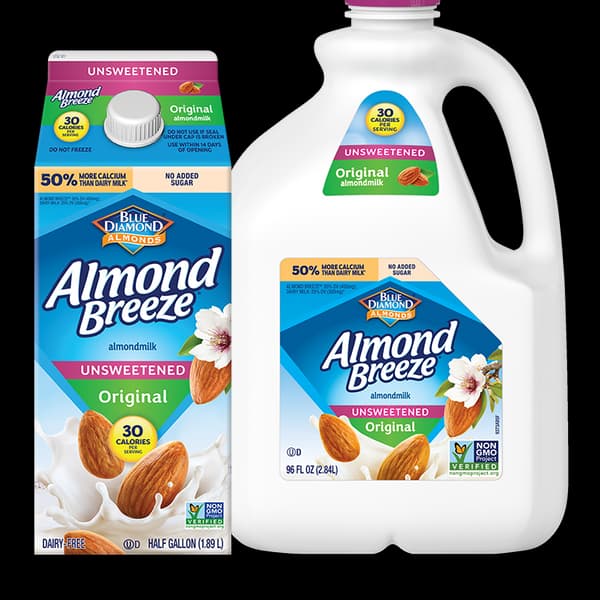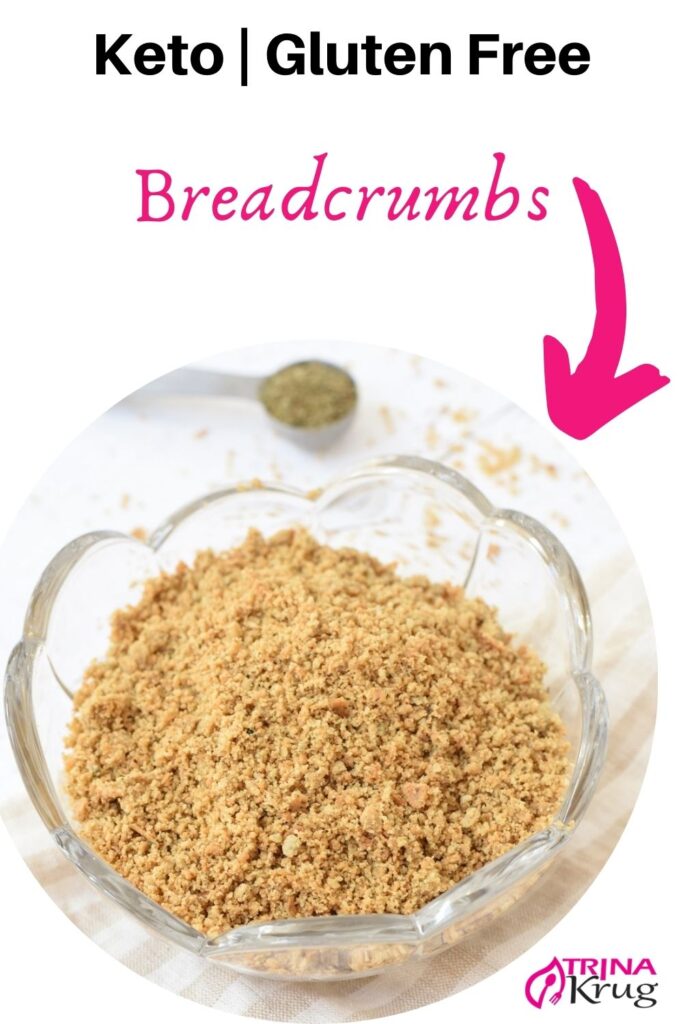Exploring the Difference Between Diet and Zero Sugar Drinks
Diet and zero sugar beverages have gained immense popularity, especially among health-conscious individuals trying to reduce their sugar intake. Although both types of drinks aim to provide a lower-calorie alternative to traditional sugary beverages, they have distinct differences in terms of sugar content, calorie counts, and their overall impact on health. Understanding these differences is essential for making informed dietary choices that align with your personal nutrition goals and unique lifestyle.
The primary distinction between diet beverages and zero sugar drinks lies in the sugar content. Diet drinks may still contain small amounts of sugar or carbohydrates but are typically labeled as low-calorie options; in contrast, zero sugar drinks guarantee no presence of sugar at all, relying instead on artificial sweeteners or sugar substitutes. This article will delve into the implications of these choices for consumers, the marketing strategies behind these products, and the health benefits and risks associated with each. Let’s explore the nutritional labels and the wider trends in the beverage industry surrounding these alternative options.
Key takeaways from this discussion will include insights into how each type of product affects health and weight management, considerations for hydration and wellness trends, and the growing consumer demand for healthier beverage alternatives.
Understanding Calorie-Free Options: Diet Beverages vs. Zero Sugar Drinks
When considering health-conscious beverages, it's critical to understand calorie-free options. Diet beverages often provide a mixture of sugar substitutes designed to lower calorie content while maintaining a sweet flavor profile. Some of the most common diet drinks include diet sodas and flavored water options that claim to have significantly reduced calories.
On the other hand, zero sugar drinks strictly contain no sugar or calories. They utilize alternative sweetening methods, such as natural sweeteners, to deliver flavor without additional calories. In this context, it’s beneficial to analyze the role of sugar in diets and its implications on overall health.
Artificial sweeteners, commonly found in both options, can impact metabolic effects and blood sugar levels differently compared to traditional sugars. Research indicates that, while they contribute to a lower calorie intake, their long-term health effects are still being studied. This includes their ability to satisfy cravings and maintain taste satisfaction. Consumers must navigate ingredient transparency carefully as they assess their drink choices.

Health Benefits of Diet Drinks: Are They Truly Beneficial?
Despite the growing market for health-conscious beverages, diet drinks have their share of controversy. Advocates argue that these drinks provide a viable path for weight management and sugar intake reduction. They commonly contain low-calorie sweeteners, offering a sweet flavor without the extra sugar calories often linked to obesity-related issues.
Diet beverages can serve as an attractive alternative compared to regular sugary drinks, especially for individuals struggling with sugar addiction or managing dietary restrictions. However, misconceptions about diet drinks can lead to unhealthy habits, such as overconsumption of artificially sweetened beverages.
Some studies have suggested that diet drinks may sometimes lead to weight gain due to a psychological effect where consumers feel entitled to indulge more because they have opted for a “healthier” drink. Balancing these drinks within a balanced diet is vital in ensuring health benefits without unwanted consequences.
As the beverage industry trends toward lower-calorie options, understanding these health implications helps consumers make informed choices to enhance their wellbeing.
The Role of Sugar Substitutes in Our Beverages
With the increase in dietary habits focusing on reducing sugar, sugar substitutes play a significant role in the development of both diet and zero sugar drinks. These substitutes vary in flavor enhancement and calorie content, offering consumers an array of options that cater to different taste preferences. Knowing how these substitutes work is essential for making educated choices in drink selection.
Artificial sweeteners, like aspartame and sucralose, are often used in diet drinks to lower calories without compromising on sweetness. However, there’s ongoing research regarding their long-term health effects and consumer attitudes towards such ingredients. On the other range, natural sweeteners, such as stevia, have gained popularity for their perceived health benefits and lesser chemical processing.
Ingredient awareness is crucial, as sugar content variance and labeling requirements govern what consumers read in nutritional labels. Assessing the implications of these sweeteners on glucose metabolism allows individuals to understand their impact on blood sugar levels better. As consumers increasingly demand healthier options, the beverage industry's commitment to ingredient safety and transparency will play a pivotal role in future product offerings.
The Marketing of Diet Drinks: Consumer Choice and Public Perception
Marketing strategies heavily influence consumer perception of diet versus zero sugar drinks. The branding of diet drinks often emphasizes health benefits and calorie reduction, while zero sugar drinks highlight their absolutely sugar-free content. Understanding these marketing tactics helps shed light on consumer demand for lower-calorie beverages.
Public perception surrounding diet drinks is often mixed, driven by health trends and media portrayals. Campaigns promoting sugar-free living and wellness initiatives promote the consumption of zero sugar options, as they align with a more health-conscious approach. However, the misinterpretation of diet drinks as superior choices can confuse consumers and affect their beverage consumption habits.
Importantly, the differentiation in taste between these two beverage categories can also influence consumer choice. While diet drinks may target familiar flavors with only slight adjustments in sweetness, zero sugar drinks are continually refining their flavor profiles to keep pace with consumer tastes without added sugar. The implications for marketing in this sector reveal a complex relationship between health consciousness, consumer preferences, and effectiveness in presenting beverage alternatives.

Conclusion: Making Informed Beverage Choices
As we conclude, it’s essential to synthesize the key insights about the dietary landscapes of both diet and zero sugar beverages. Understanding these differences aids individuals in making informed dietary choices tailored to their health and lifestyle. The implications of these choices extend beyond mere calorie counting, impacting weight management, hydration, and overall health awareness.
While both types of drinks can play a distinct role in maintaining a balanced diet and combating obesity issues, individuals must consider their health objectives, ingredient transparency, and the implications of beverage marketing. Through education on nutrition labels, dietary guidelines, and consumer attitudes toward dietary restrictions, we can create a more informed consumer base that approaches beverage choices with increased awareness and consideration for their long-term effects.
